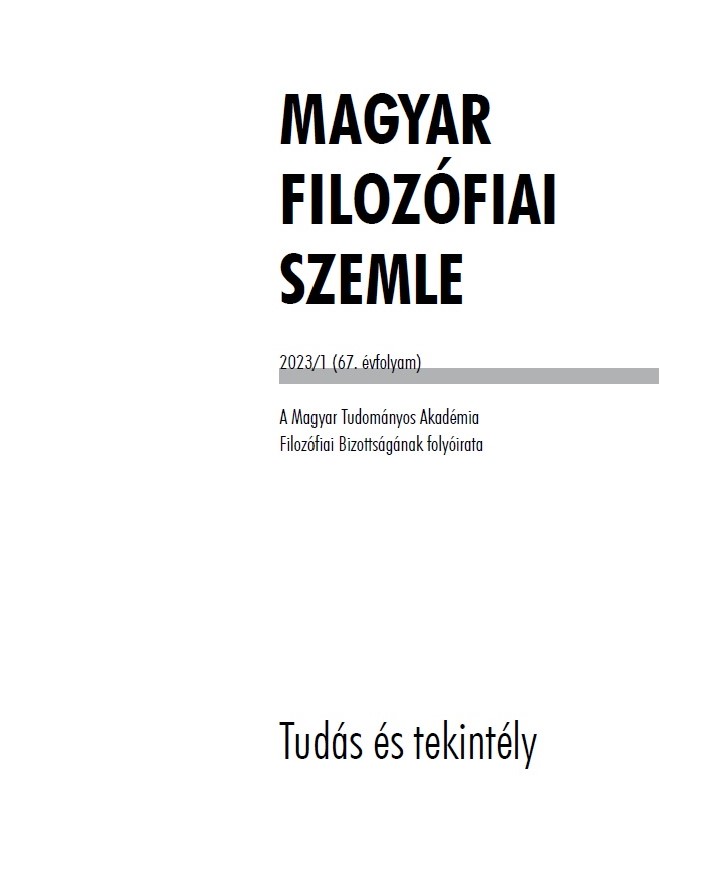A szabadságot vezető szabadság
A nyelv transzcendentális dedukciója Fichténél
Absztrakt
Fichte attempted to overcome the debate about the origin of language in previous decades by integrating opposing views into a single theory. Nevertheless, the presentation of language as a divine gift or a human construction was of less importance relative to the third approach, which he elaborated in a completely new form. According to this perspective, language is innate, more precisely, a transcendental condition for the possibility of being human. The elaboration of this idea, which is identical to the transcendental deduction of language, was not successful in its first attempt in the work titled On the Linguistic Capacity and the Origin of Language, because it took a being fully aware of itself as the departure point of the deduction, someone who could realize their purpose even in complete isolation. However, the deduction in the Foundations of Natural Right interprets language as a condition of possibility for self-consciousness itself. It shows that I can be aware of my freedom only through linguistic sings, because I must understand summons and recognitions from other persons in order to be aware of my freedom. The first two sections of my paper deal with these two versions of the transcendental deduction of language, while the third briefly presents Fichte’s theory of the origin of language that synthesizes the three models of language mentioned.



